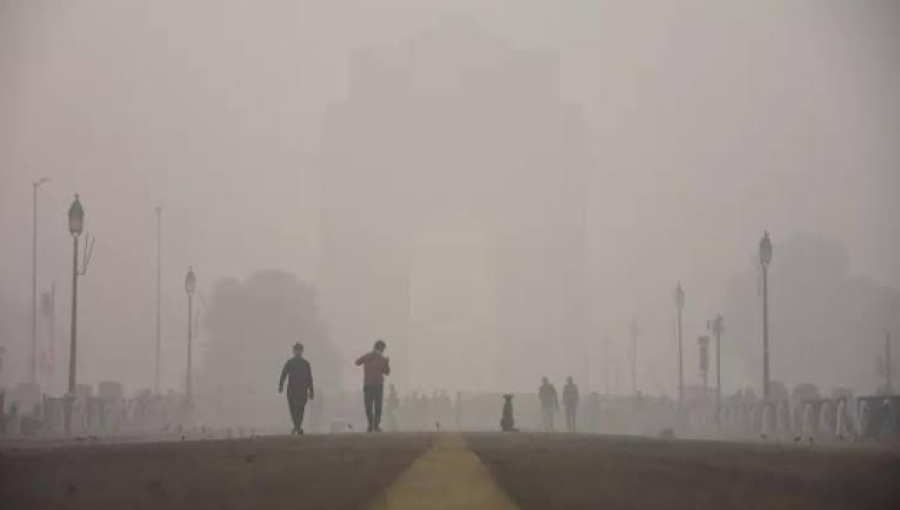The air quality in Dhaka has once again been categorized as 'unhealthy for sensitive groups' this morning, with an air quality index (AQI) score of 144 at 8:55 am. This places Dhaka as the 8th city worldwide with concerning air quality. Notably, cities like Chiang Mai, Kathmandu, and Delhi have even higher AQI scores, highlighting the severity of air pollution in these areas.
The World Health Organization (WHO) estimates a staggering seven million annual deaths worldwide attributed to this crisis. Prolonged exposure to polluted air correlates with various health afflictions, including stroke, heart disease, lung cancer, chronic obstructive pulmonary disease (COPD), and acute respiratory infections.
Dhaka has a history of grappling with air pollution, with its air quality typically worsening during the winter months and improving during the monsoon season.
In Bangladesh, the AQI is determined based on five criteria pollutants, including particulate matter (PM10 and PM2.5), NO2, CO, SO2, and ozone. When the AQI value falls between 101 and 150, the air quality is deemed 'unhealthy for sensitive groups,' indicating potential health risks, particularly for vulnerable individuals.































Comment: